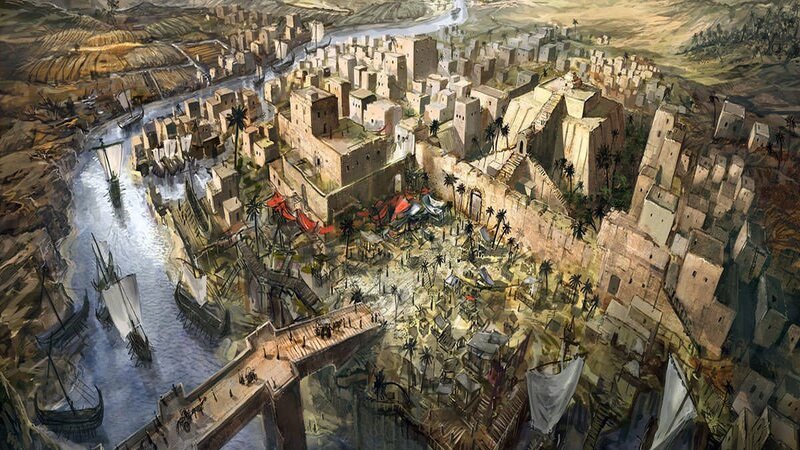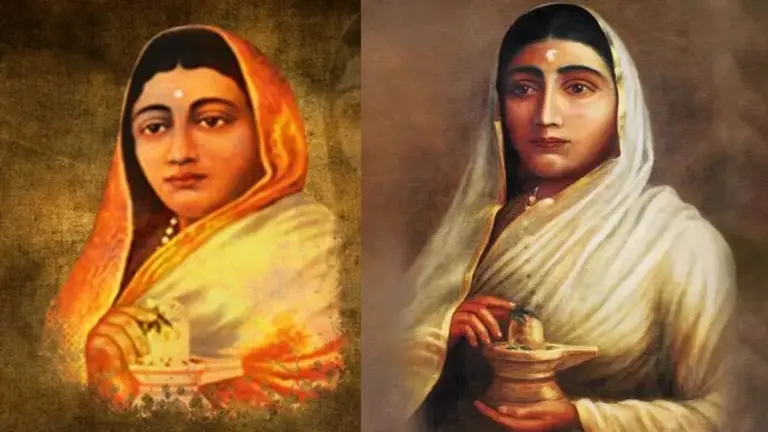Mesopotamia, often referred to as the cradle of civilization, was one of the earliest and most influential civilizations in human history. Located in the region of modern-day Iraq and parts of Syria, Turkey, and Iran, Mesopotamia thrived between the Tigris and Euphrates rivers. It gives rise to numerous city-states and empires over thousands of years. In this article, we will explore the Mesopotamian civilization, its achievements, and its lasting impact.
History of Mesopotamia Civilization
The history of Mesopotamia can be traced back to around 3500 BCE when the Sumerians, the earliest known civilization in the region, settled in the fertile land between the rivers. The Sumerians developed advanced agricultural techniques, including irrigation systems, which allowed them to cultivate crops and establish permanent settlements. They built city-states such as Ur, Uruk, and Lagash, each with its own government, economy, and social structure.
One of the significant contributions of the Mesopotamians was the development of writing. They created the world’s first known writing system, known as cuneiform, which involved using wedge-shaped marks on clay tablets. Cuneiform was initially used for administrative purposes but later expanded to include literature, scientific texts, and legal documents. The Epic of Gilgamesh, an ancient Mesopotamian poem, is one of the earliest surviving literary works in human history.
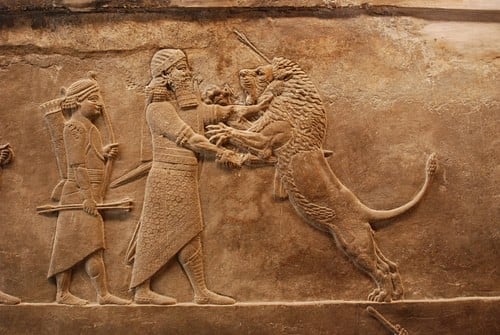
Significance of Mesopotamia civilization
Mesopotamia was also known for its advancements in mathematics and astronomy. The Sumerians developed a numerical system based on the concept of the base 60, which gave rise to the modern concept of minutes and seconds. They also made significant astronomical observations and divided the year into 12 months, laying the foundation for the later development of calendars.
The region saw the rise and fall of several empires, including the Akkadian Empire, founded by Sargon the Great in the 24th century BCE, and the Babylonian Empire, with Hammurabi as one of its most notable rulers. Hammurabi’s Code, a set of laws inscribed on a stele, is one of the earliest known legal codes and provides valuable insights into Mesopotamian society and justice system.
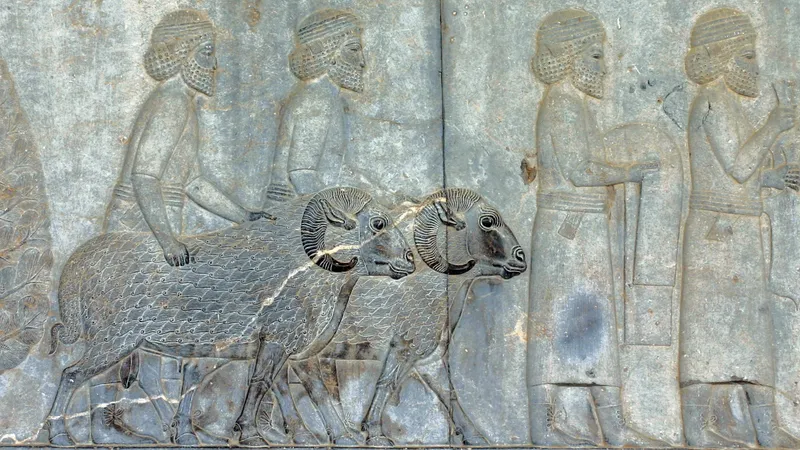
Religion in the civilization
Religion played a crucial role in Mesopotamian civilization. The Mesopotamians worshipped a pantheon of gods and goddesses, each associated with different aspects of life and natural phenomena. Temples, called ziggurats, were built as religious centers, and priests held significant influence in society. The Epic of Gilgamesh, mentioned earlier, also contains mythological narratives and offers insights into Mesopotamian beliefs. Also, it tells about the afterlife and the human condition.
Trade was another essential aspect of Mesopotamian civilization. The rivers provided transportation routes, and the city-states engaged in long-distance trade with neighboring regions, exchanging goods such as textiles, metals, and agricultural products. The city of Assyria, located in the northern part of Mesopotamia, became a dominant power in the region. It was built as a vast empire known for its military prowess.
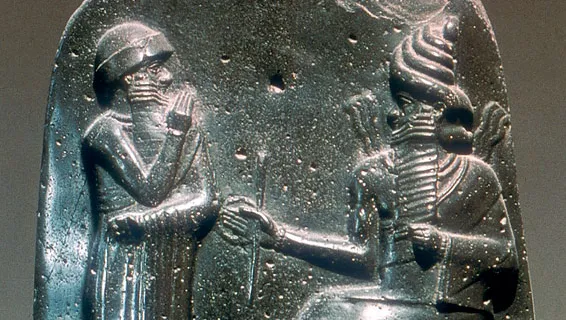
Challenges faced in civilization
Despite its remarkable achievements, the Mesopotamian civilization faced numerous challenges and invasions throughout its history. The region saw the rise and fall of various empires, including those of the Assyrians, Babylonians, Persians, and eventually the conquest by Alexander the Great. The arrival of Alexander marked the end of Mesopotamia’s independence. Also, the region became part of successive empires that ruled over it.
The legacy of Mesopotamia is undeniable. Its inventions and cultural contributions laid the foundation for future civilizations and influenced the development of art, architecture, literature, law, and mathematics. Many aspects of Mesopotamian culture and knowledge were transmitted to other civilizations. It also included the Greeks and Romans, and continue to shape our world.

